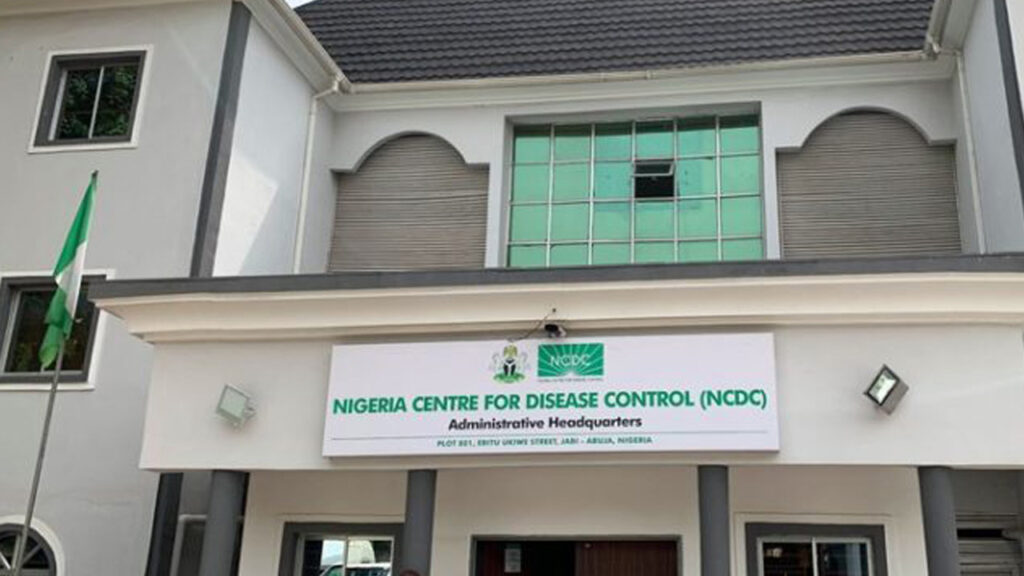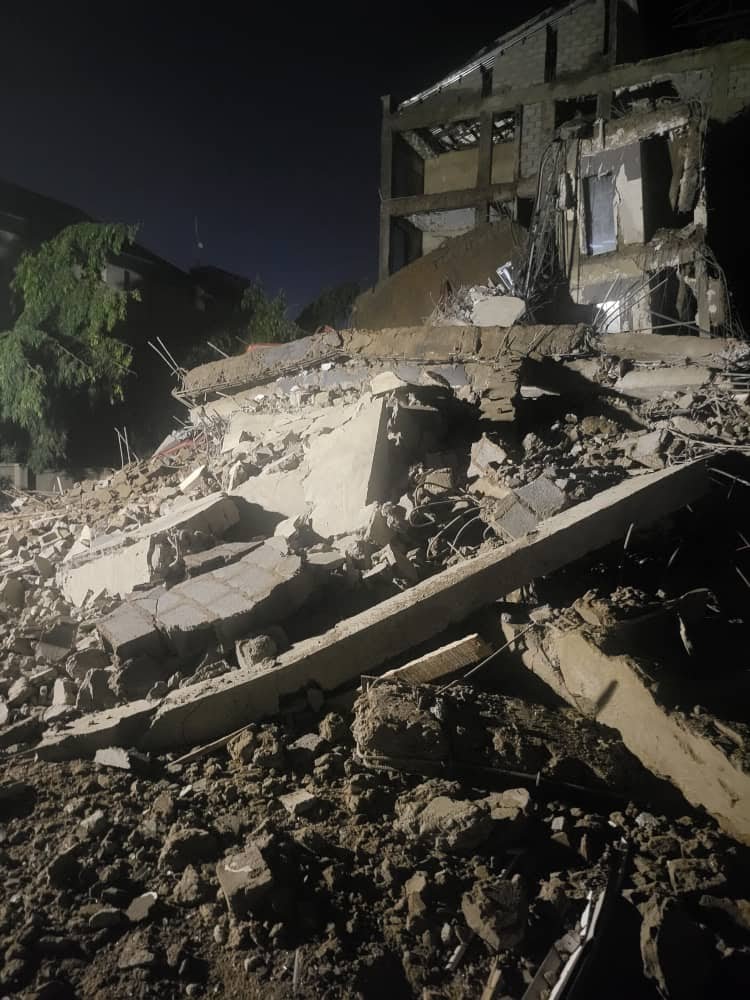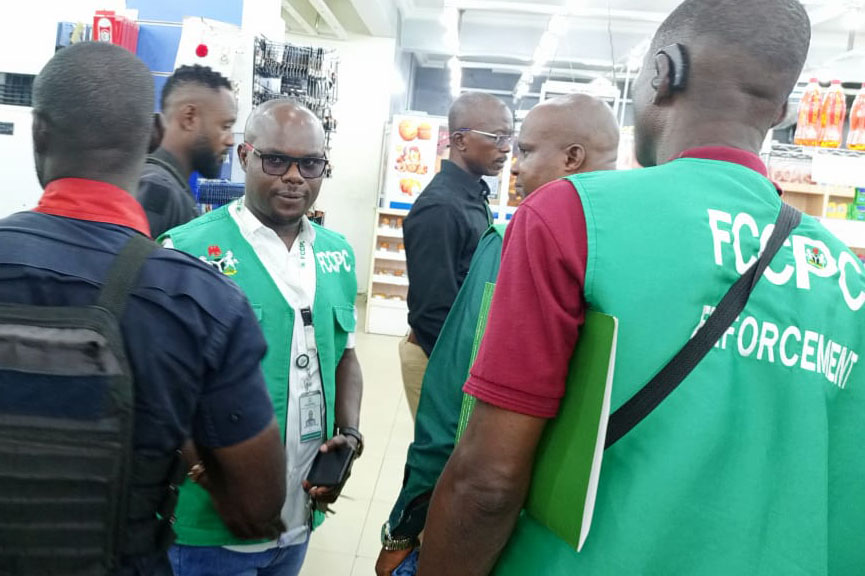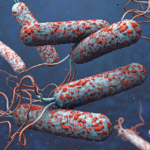• Records 53 deaths, 1,528 suspected cases in 31 states
• No school affected in Lagos yet, says commissioner
• FG seeks assistance from GAVI
Nigeria Centre for Disease Control and Prevention (NCDC) has activated a National Cholera Multi-sectoral Emergency Operation Centre (EOC) to respond to the cholera outbreak in the country.
About 53 deaths and 1,528 suspected cases were recorded as of June 24, 2024, in 31 states and 101 local councils with a fatality rate of 3.5 per cent since the beginning of the year.
Lagos recorded the highest number of cases with 29 deaths and suspected cases soaring to 579. Confirmed cases hit 43 as of the last count.
Director-General of NCDC, Dr Jide Idris, who disclosed this yesterday in Abuja, said that the outcome of the risk assessment placed the country at high risk of increased cholera transmission and impact, adding that this made NCDC to activate the EOC.
LAGOS Commissioner for Health, Prof Akin Abayomi, while giving update, yesterday, on the outbreak, said the number of deaths rose because majority of the patients presented themselves late to the hospitals.
Abayomi added that the government and its partners had embarked on active case search and contact tracing to halt the spread. He, therefore, implored Lagosians with suspected cases to report to the hospitals for free treatment to slow down the spread.
Government officials had also deliberately gone out to search for those with suspected cases of cholera, he disclosed. The commissioner listed the symptoms of cholera to include profuse diarrhoea, vomiting, fatigue, fever, abdominal cramps and shock.
He also said that those affected with cholera could be given Oral Rehydration Therapy (ORT) to halt dehydration before being taken to the hospital.
Areas with the highest cholera burden, according to him, include Lagos Island, Eti-Osa and Kosofe local councils, while there are cases in Ajeromi and Ifako Ijaiye, among others.
Many children, he added, were affected along with traders and artisans, but no case had been reported in any Lagos school. So far, Abayomi said, the government has adopted one health approach to curb the spread, while the Directorate of Environmental Health and Lagos State Environmental Protection Agency has been working assiduously to halt the spread.
He said, “We have continued inspection of cases mostly in affected places and intensified sensitisation to ensure Lagosians are aware,” urging residents to support government by maintaining personal hygiene, reporting suspected cases, among others.
Abayomi said school authorities were being sensitised on the reporting techniques, monitoring of students’ health daily, promoting healthy diets and ensuring oral rehydration.
Special Adviser to the Governor on Health, Dr Kemi Ogunyemi, said Lagos was doing everything possible to keep the residents safe.
THE DG said NCDC was collaborating with the National Primary Healthcare Development Agency (NPHCDA) to secure vaccines, adding that the demands for cholera vaccine outweighed the availability globally.
He noted that the Minister of Health had approached GAVI, the vaccine alliance, for assistance. When the vaccines arrive, NPHCDA will distribute them based on its criteria, Idris pledged, and warned that vaccine alone cannot prevent cholera, but that water, sanitation and hygiene should be in the mix.
Explaining that the EOC will serve as the nerve centre for supporting affected states and coordination of response across the country, the NCDC boss observed that the decision to activate the EOC underscored the gravity of the situation and NCDC’s unwavering commitment to the well-being of every Nigerian.
Idris called on state governments to prioritise action for solutions that ensure access to and use of safe water, basic sanitation, and proper hygiene practices in communities.
He appealed to the Ministries of Water Resources and Environment to ensure adequate and functional Water, Environment, Sanitation and Hygiene (WESH) facilities in all local councils and communities.
He urged Nigerians to ensure that water is boiled and stored in a clean and covered container before drinking.
“Only consume raw food such as fruits and vegetables after washing thoroughly with safe water. After cooking food or boiling water, protect against contamination by flies and unsanitary handling. Left-over foods should be thoroughly reheated before ingestion. Persons with diarrhoea should not prepare or serve food or haul water for others.
“Nigerians should avoid open defecation, indiscriminate refuse dumping, ensure proper disposal of waste and frequent clearing of sewage. If you or anyone you know experience sudden diarrhoea, please do not self-medicate, visit a healthcare facility immediately,” he advised.













